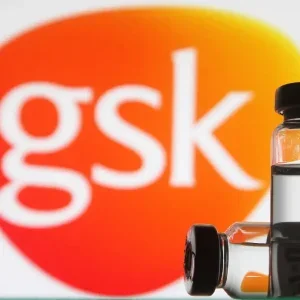
US-based DNA sequencing technologies provider Illumina has completed the acquisition of Fluent BioSciences, which develops a highly differentiated single-cell technology.
Fluent’s single-cell analysis technology is said to eliminate the need for complex, expensive instrumentation and microfluidic consumables.
The novel approach addresses several barriers and limitations associated with current methods.
It makes single-cell analysis accessible to more customers and enables new experiments building on the ability to perform an assay at the point of sample collection, said Illumina.
As part of the acquisition, Fluent’s team will be moved to Illumina, and its recently launched PIPseq V technology will be integrated into Illumina’s product portfolio.
The DNA sequencing company plans to leverage Fluent’s advanced technology to develop full end-to-end solutions for single-cell analysis.
Illumina chief technology officer Steven Barnard said: “The addition of Fluent BioSciences to Illumina will provide significant and new capabilities to our customers in a key growth area and advance our multiomics growth strategy.
“Single-cell research opens doors to new areas of discovery, and Fluent’s innovative, accessible, and flexible single-cell method will accelerate our ability to deliver full multiomics solutions for our customers.”
Fluent’s PIPseq V Technology delivers improved synthesis, amplification, and purification of the captured targets to produce more genes and transcripts per cell.
With superior performance, it can detect cell types often missed with current methods, and the highest scalability, capable of processing a range from 100 cells up to one million.
Fluent’s technology, combined with Illumina’s sequencing and informatics solutions, including Partek Flow for single-cell multi-omic analysis, will provide a complete solution for customers.
Also, it serves as a single point of support for researchers helping them advance the discovery faster and more economically.
Illumina said it will continue as an open NGS platform and is committed to maintaining and supporting its existing single-cell partnerships.
Barnard added: “Our goal is to continue to develop the sequencing eco-system and support the best multiomics solutions like single-cell analysis. We want customers to have the flexibility to adopt the tools that best fit their needs.”






